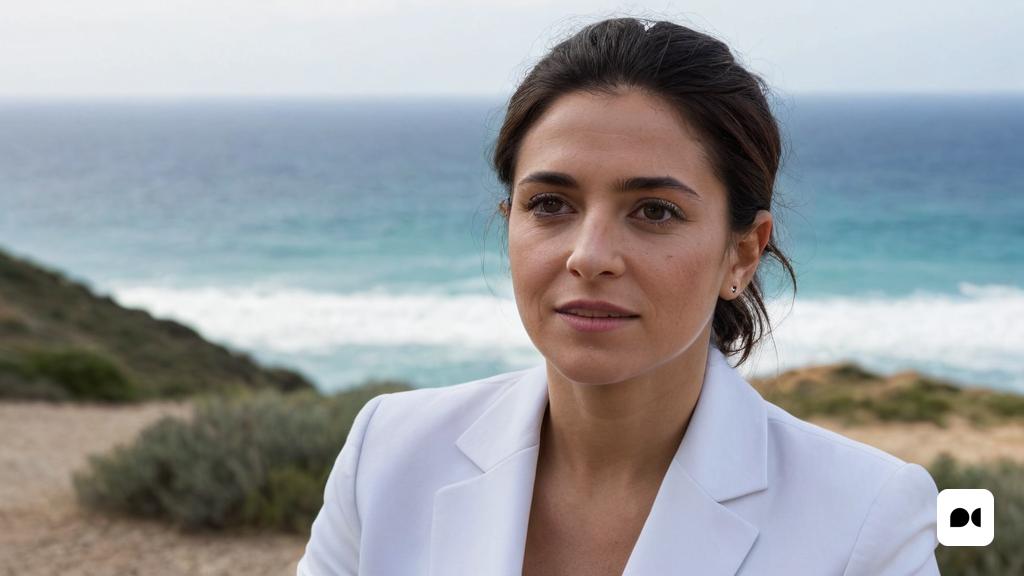A New Perspective on Action and the Future
In a world full of uncertainties, how can we think about the future without falling into pessimism? The recent conversation between Mar Vallecillos and Marina Garcés invites us to reconsider this question with an optimistic view, which rejects defeatism and bets on action.
Challenging the Idea of Hope
Garces challenged the concept of hope, suggesting that being relieved of this burden can lead to a more active and committed form of struggle. ‘The best way to fight is without the burden of hope’, he said, evidencing the complex relationship between hope and social commitment.
The Importance of Will
Vallecillos defended the idea of the will, which implies action and responsibility. “Will implies desire and action,” he said, engaging this notion in conversations about what it means to work toward a better future.
Action as an Engine of Transformation
Garcés added that real action is not limited to the visibility of victories and defeats, but includes the constant effort to create, maintain and care for the spaces and relationships where we want to live. This leads us to rethink how we understand time in our struggles.
Time as a Relationship
The debate about verb tenses reminded us that time is relational, and that it cannot be understood without connections. ‘We live in a time where presence is key’, reflected Garcés, considering how image and online presence influence our existence.
The Fight Against Absence
With the growing absence of certain vital events in our lives, Vallecillos pointed out that our struggle should focus on reconnecting with what we do not see but that exists: the silenced voices and unacknowledged struggles.
Rescuing the Value of the Body
The notion that bodies are ‘clots of time’, as Santiago Alba Rico said, led us to a new reflection on the importance of how we relate to others. Garcés insisted that the body is a question in itself, not just an object in a materialistic world, and that it defines us in our interactions.
Challenges and Possibilities in Feminism
The conversation touched on the issue of exclusivity in certain feminist discourses. Garcés commented on the dangerous tendency to segregate who ‘is’ and who ‘isn’t’ a feminist, suggesting that a deeper reflection is needed on how to present oneself in action, recognizing that one can never be completely a ‘fixed identity’ ‘.
The Present as a Weapon
In the closing of his reflection, the idea that the present is a ‘weapon loaded with possible futures’ made us think about the responsibility we have at this moment by satisfying the action and working together to build a better future. Vallecillos reaffirmed that we must charge the present with good intentions and creativity to advance the struggle.
A Future Full of Possibilities
Faced with the current context, we need a reorientation that involves us in a continuous and active struggle, recognizing that the past must not point to the future. This collective work and the diverse voices that participate in it can offer us a map for a continuous present that propels us towards a hopeful and transformative future.

